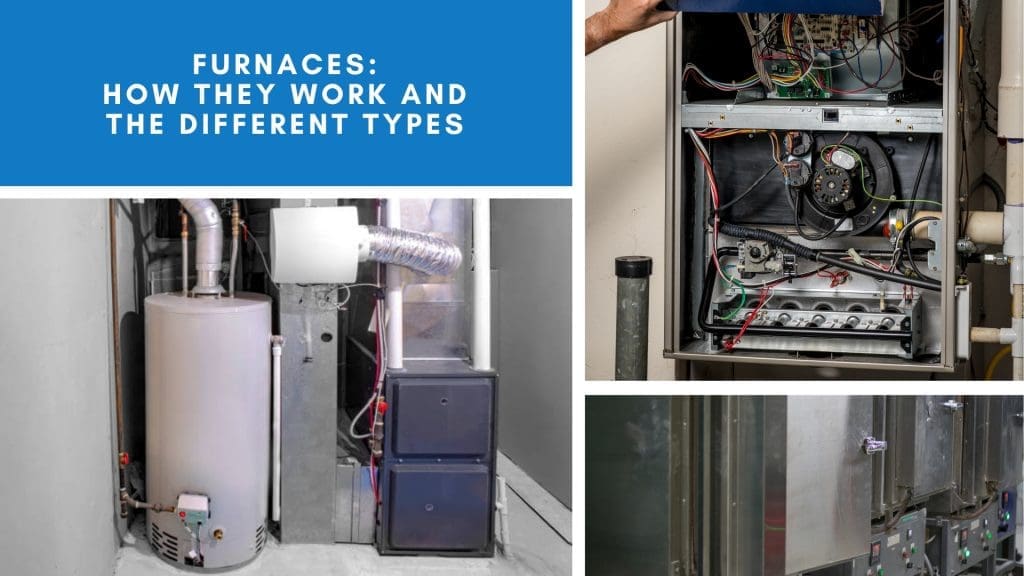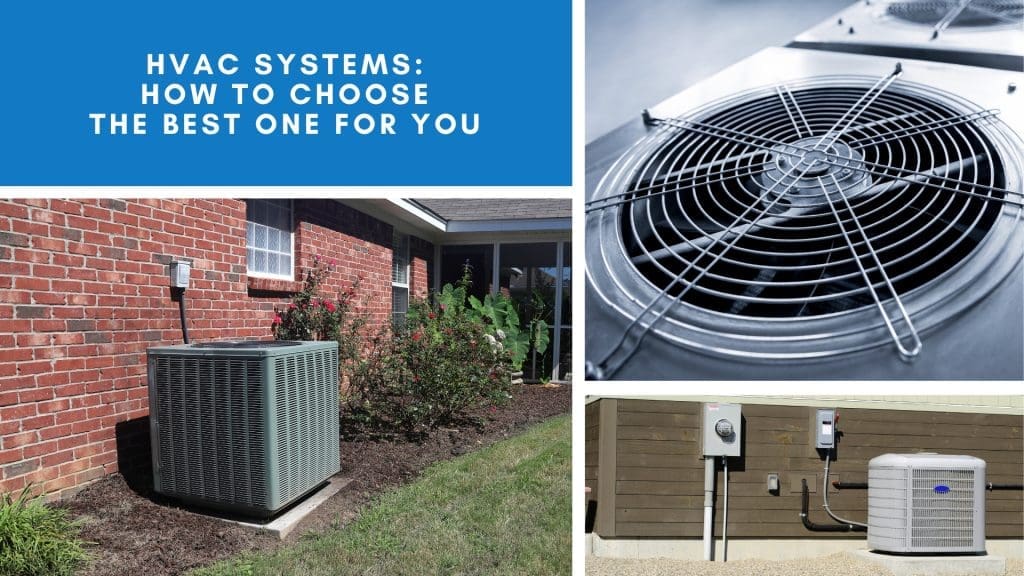Freon is a name you might have heard, especially if you own an air conditioner or refrigerator. It’s a refrigerant that keeps our homes cool and comfortable. But, like many chemicals, it comes with its own set of risks. Understanding Freon: Risks and Safety Precautions is crucial for your safety and peace of mind.
Freon exposure can be hazardous. It can cause symptoms like dizziness, headaches, and even more severe health issues. Inhaling Freon is particularly dangerous and can lead to serious health problems. It’s important to know how to recognize these symptoms and what to do if you suspect exposure.
Freon leaks are another concern. They can be hard to detect but pose significant risks. Regular maintenance and professional inspections are key to preventing leaks. If you suspect a leak, it’s best to call in the experts.
At LC Heating and Air Conditioning Hollywood, we prioritize your safety. Our team is trained to handle Freon safely and efficiently. If you have concerns about Freon in your home, don’t hesitate to reach out. We’re here to help ensure your home remains a safe and comfortable place. Contact us at (818) 858-7080 for expert assistance.
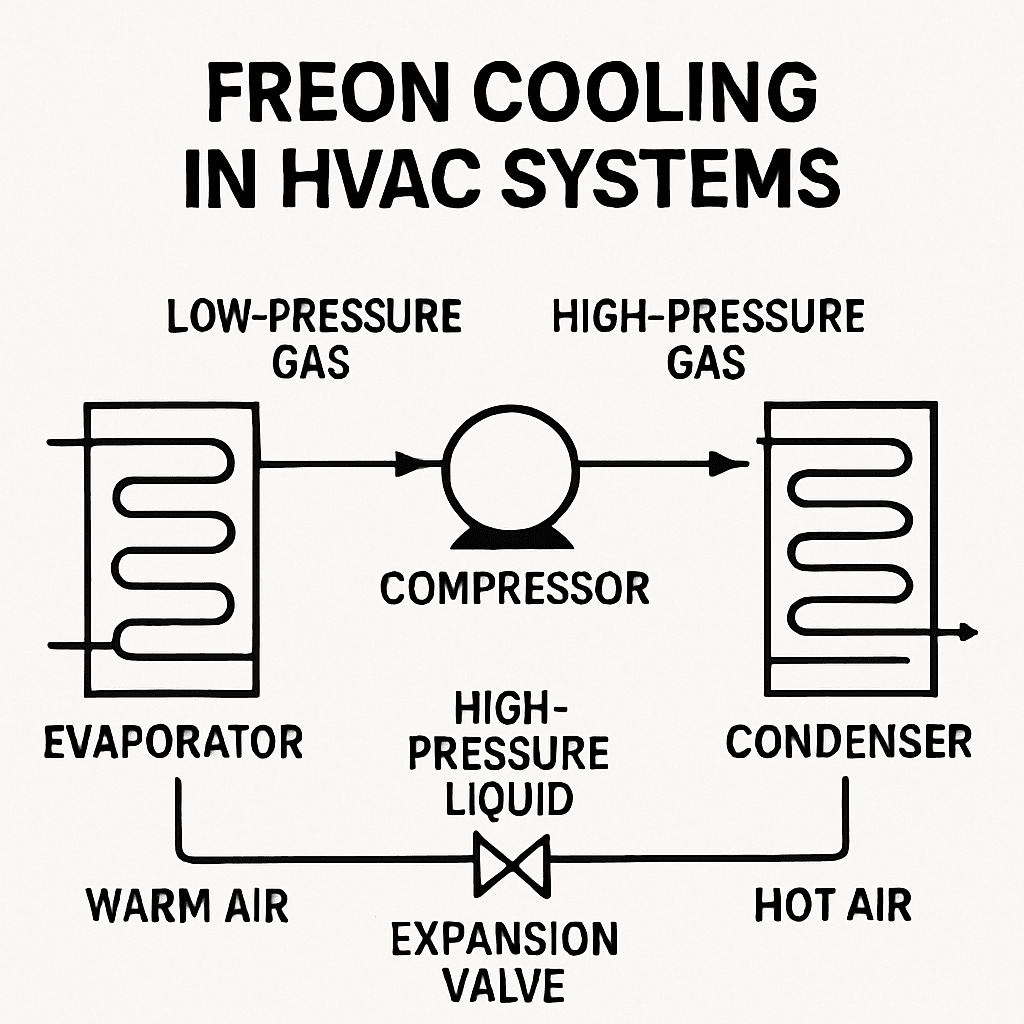
What Is Freon? Understanding the Basics
Freon is a trade name used for a group of chemical compounds known as chlorofluorocarbons (CFCs) and hydrochlorofluorocarbons (HCFCs). These compounds are best known for their use as refrigerants in cooling systems, like air conditioners and refrigerators. They work by absorbing heat from the environment, which helps cool the air.
While the term “Freon” is often used generally, it’s important to know that it encompasses various types of refrigerants. The most commonly used variant in older systems is R-22, which is being phased out due to its environmental impact. Modern systems often use alternatives like R-410A, which are more environmentally friendly.
Here are some key properties of Freon:
- Colorless and odorless
- Non-flammable but can displace oxygen
- Heavier than air, settling in low areas
The properties that make Freon effective also contribute to its risks. Regular care and handling are necessary to prevent exposure.
Understanding these basics provides a foundation for recognizing the potential hazards and ensuring safe handling.
Where Is Freon Used? Common Applications in Homes and Businesses
Freon serves as a key component in many household and business appliances. It’s primarily found in systems requiring refrigeration or cooling functions. As technology advances, Freon remains integral, though its use is gradually declining.
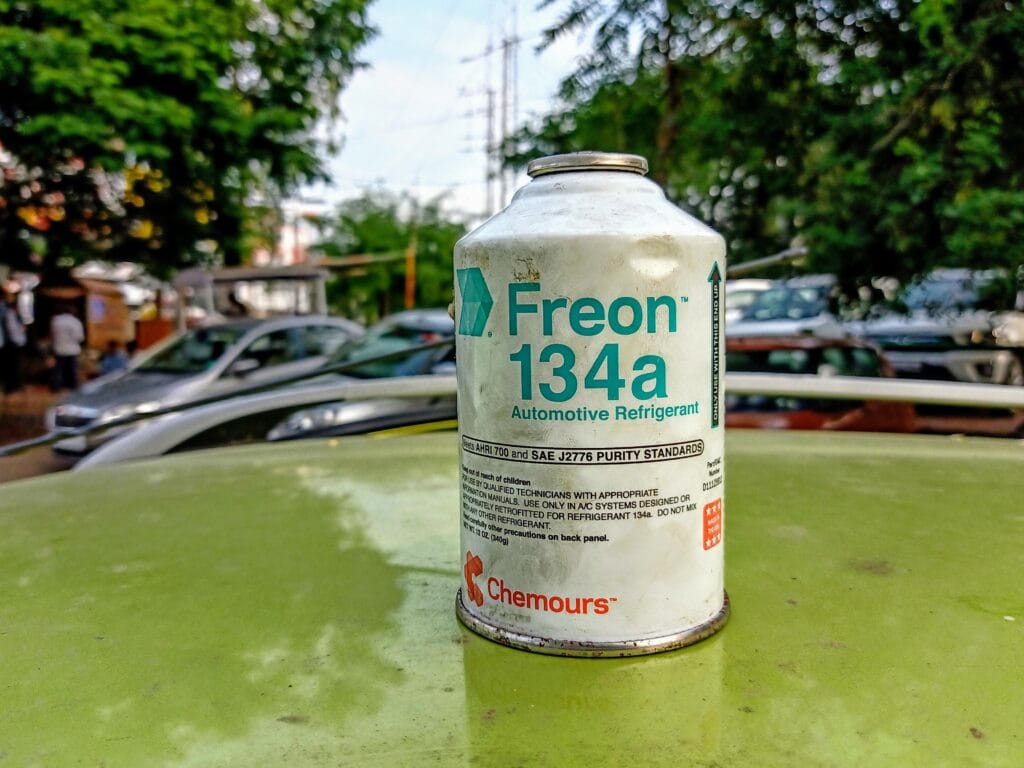
In the home, you’ll often find Freon in the following:
- Air conditioners
- Refrigerators
- Freezers
Businesses rely on Freon for more extensive systems. Commercial refrigeration units and large-scale air conditioning systems often use Freon to ensure efficient operation. Beyond cooling, some businesses use Freon in specialized applications, such as vending machines and restaurant equipment.
Although Freon’s utility cannot be understated, the shift to alternative refrigerants is significant. This shift highlights the importance of understanding how these chemicals operate within our everyday appliances. Whether at home or work, knowing where Freon is used helps you better manage and maintain these essential systems.
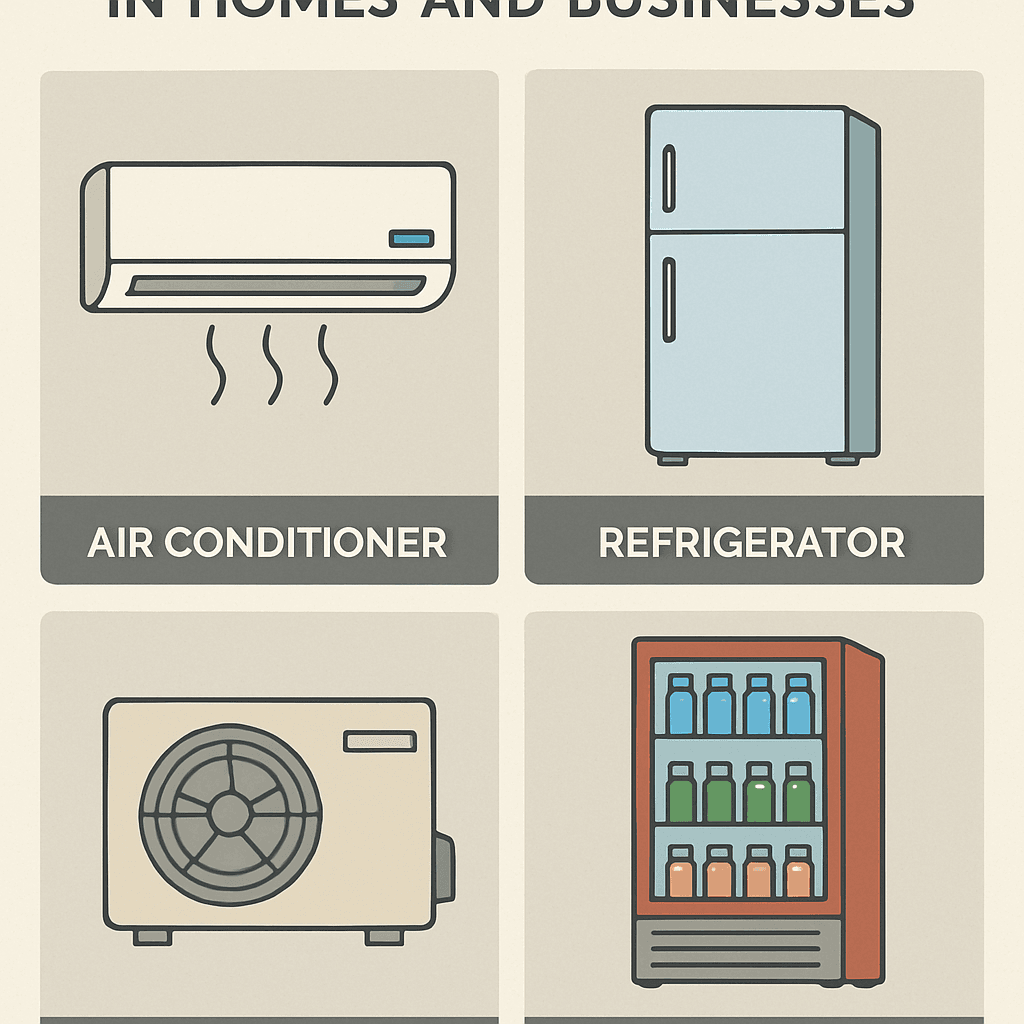
Is Freon Toxic? Health Risks and Exposure Dangers
Freon, while useful, presents several health risks. Exposure can occur through inhalation, ingestion, or skin contact. Each poses unique dangers.
Inhaling Freon is perhaps the most common risk. It can lead to symptoms like dizziness, headaches, and respiratory problems. In severe cases, it may damage the heart or central nervous system.
- Dizziness
- Nausea
- Difficulty breathing
- Loss of consciousness
Ingestion of Freon causes significant harm as well. It can lead to gastrointestinal distress and requires urgent medical care. Handling Freon incorrectly may also irritate the skin, causing frostbite-like symptoms.
While Freon isn’t classified as a carcinogen, long-term exposure carries other serious implications. For instance, it can exacerbate pre-existing conditions like asthma. It’s critical to recognize these health risks and understand how to mitigate them.
Staying aware of Freon’s potential dangers ensures you can act swiftly if exposed. Regular system checks by professionals can prevent leaks and minimize risks. Always prioritize safety by taking these health hazards seriously.
How Does Freon Exposure Happen? Accidental and Occupational Risks
Freon exposure can occur in several ways, both at home and the workplace. Understanding these scenarios helps prevent accidents.
At home, accidental exposure often results from leaks in air conditioning or refrigeration units. Due to Freon’s properties, leaks may go unnoticed until symptoms appear.
In occupational settings, risks are higher for HVAC technicians and other professionals who work with refrigerants. These individuals might encounter Freon during system installation or maintenance tasks.
Common scenarios for Freon exposure include:
- Home appliance leaks
- Improper handling during system maintenance
- Lack of proper ventilation in work areas
To mitigate these risks, always ensure proper ventilation when dealing with refrigerants. Training and protective equipment are crucial for professionals. Regular inspections of HVAC systems at home can also prevent accidental exposure, keeping your environment safe.
Freon Poisoning: Symptoms and What to Watch For
Freon poisoning is a serious concern. Recognizing the symptoms early can be vital in preventing severe health consequences.
Common symptoms include dizziness, headaches, and nausea. Respiratory difficulties, such as shortness of breath or coughing, are also indicators.
In more severe cases, exposure may lead to a loss of coordination or even consciousness. Immediate medical attention is necessary if these symptoms appear.
Watch for skin irritation if Freon makes contact with your skin. Frostbite-like symptoms may also occur.
If you suspect Freon exposure, or notice several symptoms, it’s critical to act fast. Freon poisoning symptoms might include:
- Dizziness and headache
- Nausea and vomiting
- Respiratory distress
- Loss of consciousness
- Skin irritation
Prompt action can minimize risks. Always seek emergency medical help if Freon poisoning is suspected. Remember, prevention is the best strategy, so regular maintenance and inspections are key.
What Happens If You Inhale or Ingest Freon?
Inhaling Freon can be hazardous. It’s crucial to understand what could happen if you breathe in this refrigerant.
Freon is not intended for inhalation or ingestion. Both scenarios can lead to serious health issues.
Inhaling the gas may result in dizziness, shortness of breath, or irregular heartbeats. In more acute cases, it could cause cardiac arrest.
Accidental ingestion, though rare, can induce nausea and vomiting. It may also irritate the gastrointestinal tract.
Ingesting any part of the system — even accidentally — requires urgent medical care. Symptoms of inhalation or ingestion might include:
- Dizziness and confusion
- Respiratory distress
- Nausea and vomiting
- Gastrointestinal discomfort
Immediate medical intervention is essential. Should you or someone else experience these symptoms, contact emergency services without delay. Freon exposure can lead to life-threatening conditions if not promptly addressed. This emphasizes the need for caution and awareness around HVAC systems.
Is a Freon Leak Dangerous? Signs, Causes, and Immediate Actions
Freon leaks can pose significant safety risks. It’s important to recognize the dangers and act swiftly.
A leak might go unnoticed due to Freon’s colorless and odorless nature. However, it can lead to harmful health effects.
Some signs to watch for include reduced cooling efficiency or strange hissing noises. Inhabitants might experience symptoms like headaches or nausea.
Causes of leaks often stem from wear and tear, improper installation, or lack of maintenance. Addressing the root causes can prevent potential hazards.
Immediate actions upon suspecting a leak should include:
- Ventilating the area
- Contacting a certified HVAC technician
- Avoiding attempts to fix the leak yourself
Taking quick steps can prevent health and environmental damage. Professional help ensures both a thorough diagnosis and a safe resolution. Always prioritize safety by consulting with qualified experts if you suspect a Freon leak.
How to Test for Freon Leaks and Poisoning
Testing for Freon leaks is essential to ensure safety. Specialized tools can detect leaks, protecting both health and the environment.
Signs of potential leaks might include diminished cooling performance or unexpected energy bills. Visual inspections can sometimes indicate refrigerant leakage.
For a more precise assessment, a professional can use:
- Electronic leak detectors
- Pressure gauges
- UV dye testing
Testing for Freon poisoning requires medical evaluation. If exposure is suspected, consulting with healthcare providers is crucial. Blood tests may reveal exposure levels, ensuring timely medical intervention and reducing health risks. Prevention and early detection are key to maintaining a safe environment. Regular professional inspections help identify and address leaks before they become serious.
Environmental Impact: Why Freon Is Being Phased Out
Freon poses significant risks to our environment. One major concern is its contribution to ozone layer depletion, harming the atmosphere.
Due to these risks, there’s a global push to phase out Freon. The Montreal Protocol, an international treaty, supports this transition. Alternative refrigerants are being adopted that are more eco-friendly and efficient.
The benefits of phasing out Freon include:
- Lower greenhouse gas emissions
- Improved air quality
- Enhanced energy efficiency
Choosing sustainable options is not only about adhering to regulations. It reflects our responsibility to future generations. Switching to alternatives protects both the planet and its inhabitants, ensuring cleaner air and healthier ecosystems. Embracing these changes promotes a sustainable future for everyone.
Safety Precautions: Protecting Your Family, Employees, and Yourself
Taking steps to protect against Freon exposure is crucial. Awareness and preventive measures can significantly reduce risks.
Always ensure proper ventilation when dealing with refrigerants. Good airflow minimizes concentration build-up in confined spaces.
Wearing protective gear shields against accidental contact. Gloves, masks, and goggles can prevent harm from leaks.
Here are additional safety tips:
- Regularly inspect HVAC systems
- Store Freon cylinders securely and upright
- Immediately address any suspected leaks
It’s essential to follow industry guidelines and safety protocols. Doing so not only preserves health but also ensures a safer working and living environment. By prioritizing safety, you safeguard yourself and those around you from unnecessary hazards linked to Freon exposure.
What to Do If You Suspect Freon Exposure or a Leak
Act quickly if you suspect a Freon leak or exposure. Immediate action can prevent health risks and potential system damage.
First, ventilate the area by opening windows and doors. Increase airflow to dilute the concentration of Freon.
Next, evacuate the affected area and call a professional. Certified technicians have the tools and expertise to handle Freon safely.
Here are steps to follow:
- Ensure proper ventilation
- Leave the area immediately
- Contact a professional HVAC service
After taking these initial steps, avoid re-entering the area until it has been declared safe by a professional. Ensure your safety and peace of mind by contacting certified experts, like us at LC Heating and Air Conditioning Hollywood, for any Freon-related concerns. Remember, you can always reach us at (818) 858-7080 for prompt assistance.
Why Professional Help Matters: The Role of Certified HVAC Technicians
When it comes to handling Freon safely, professional help is crucial. Certified HVAC technicians possess the necessary skills and knowledge to manage refrigerants effectively.
They play a key role in ensuring safety and system efficiency. Relying on certified experts prevents potential hazards related to Freon exposure.
Benefits of hiring a certified technician include:
- Accurate detection and repair of leaks
- Safe handling and disposal of refrigerants
- Compliance with environmental regulations
Trustworthy and professional technicians, like those at LC Heating and Air Conditioning Hollywood, provide peace of mind. They ensure your HVAC system runs smoothly and safely. Remember, for expert help, call us at (818) 858-7080.
Frequently Asked Questions. Freon: Risks and Safety Precautions
When dealing with Freon, safety is a primary concern. Many people have questions about its risks and how to handle it safely.
One common question is, “Is Freon toxic?” Yes, Freon can be hazardous, causing health issues if inhaled or ingested.
Another frequently asked question is, “How can I tell if there’s a Freon leak?” Look for signs like reduced cooling or hissing sounds from your HVAC system.
Here’s a quick list of FAQs:
- Is Freon exposure dangerous?
- How do I detect Freon poisoning?
- Can Freon affect the environment?
Understanding these aspects is crucial for maintaining a safe environment at home or work. If you need more information, reach out to professionals for guidance. Always prioritize safety when dealing with refrigerants.
Conclusion: Stay Safe and Call the Experts
Understanding Freon’s risks and safety precautions is essential for protecting your home and loved ones. Taking immediate action when you suspect a Freon issue can prevent serious health hazards.
Instead of attempting repairs yourself, rely on professionals who are certified and experienced. They can ensure that all safety measures are followed, minimizing risks effectively.
At LC Heating and Air Conditioning Hollywood, we’re here to help. If you suspect a Freon leak or want to ensure your HVAC system is safe and efficient, give us a call at (818) 858-7080. Staying safe is not just about addressing problems; it’s about prevention and peace of mind.

